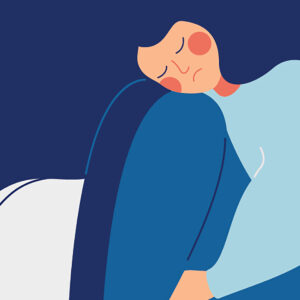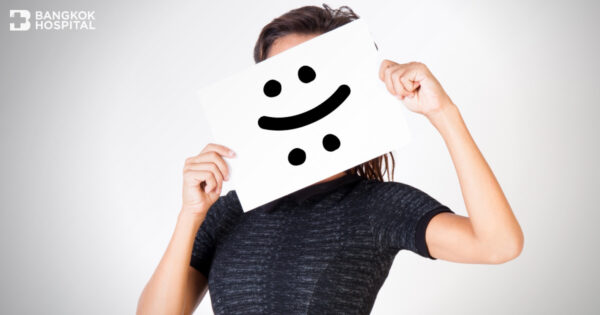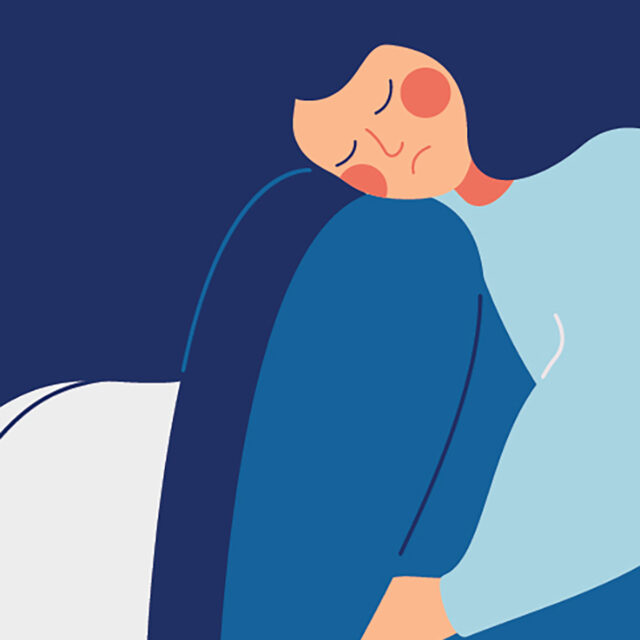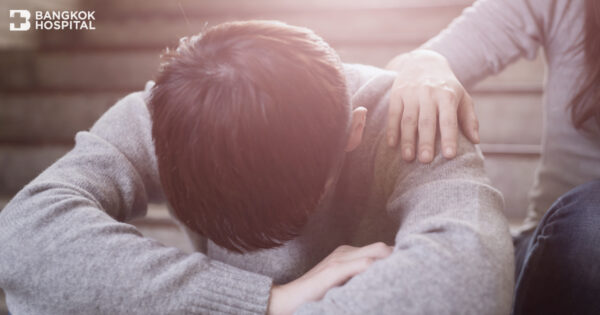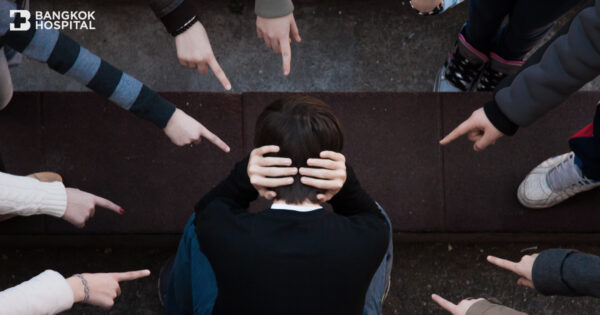Bipolar disorder is characterized by the erratic shifting of mood episodes between depression and mania. The duration of each episode can last from weeks to months. Normal mood may occur between episodes. A major depressive episode is usually what prompts patients to seek treatment. Therefore, a careful review of the patient’s medical history and regular follow-up is needed to ensure that bipolar disorder is not mistakenly diagnosed as Major Depressive disorder.
Symptoms
-
Mania: During manic episode patients often feel particularly overly happy or irritable, with some of the following symptoms:
-
Grandiosity or excessive ambitiousness
-
Decreased need for sleep
-
Excessively talkative
-
Fast-running thoughts
-
Distractibility
-
Increased activity or energy
-
Do risky things, like spending a lot of money or having reckless sex
-
Depression: Patients feel depressed, empty, hopeless or loss of pleasure with some of the following symptoms:
-
Feeling depressed most of day and nearly every day
-
Decreased interest in various activities
-
Decreased or increased appetite
-
Too little or too much sleep
-
Increased restlessness or feeling “slowed down”
-
Fatigue
-
Feelings of worthlessness
-
Inability to concentrate
-
Recurrent thoughts of death
Causes:
Unknown. Many factors may be involved, such as:
-
Abnormalities in neurotransmitters or brain structures
-
Stress
-
Genetics
Treatment
- Medication:
It helps to bring mania and depression under control and prevent relapse once mood has stabilized. Some mild side effects are common and can be discussed with a psychiatrist. Bipolar disorder is generally treated with different types of medications including;
-
Mood stabilisers
-
Antipsychotics
-
Antidepressants (often prescribed for short periods during depressive episode).
Psychotherapy:
Bipolar disorder may affect many areas of life. Psychotherapy is a vital part of treatment and can equip patients with self-knowledge and techniques to better manage their issues. Other types of therapy such as music therapy, art therapy and yoga may also be highly beneficial.
“If you’ve never experienced it or don’t have any family members who have experienced it then you probably have no idea how agonizing bipolar disorder can be. We have to be aware of it. If you or any of your loved ones show signs or symptoms, you must get them diagnosed and treated as soon as possible. When you accept the truth and start treatment, you can go back to living a normal life again. There is no such thing as “too late”, as long as you start right now and give it your best effort”Kendo Kreangkraimas Photjanasuntorn
- Electroconvulsive Therapy – ECT:
Peanchanan (BOS) LeeudomwongECT is a safe and effective option for patients with servers condition or those who have not been able to recover with other treatments. Electrical current is used to stimulate the brain altering its chemicals. Patients have to stay in hospital for close monitoring and may experience short term side effects such as confusion, disorientation and memory loss. ECT has not yet been found to have long-term negative side effects.
“When I was a teenage, I was reckless. I thought I was a special kind of genius who could easily create a 200 million Baht. I like shopping, party, dining out and spending money. After mania shifted into depression, I felt so worthless and suicidal, without realizing that it was an “illness”. It’s the depressive episode that drove me to seek help. You wouldn’t know something’s wrong with you during the mania. The treatment began with medication accompanied by psychotherapy. I got involved in activities that helped me recover and I’ve learned how to live with this condition with understanding and happiness. I got my quality of life back”
Chairman of the Bipolar Friend Club

